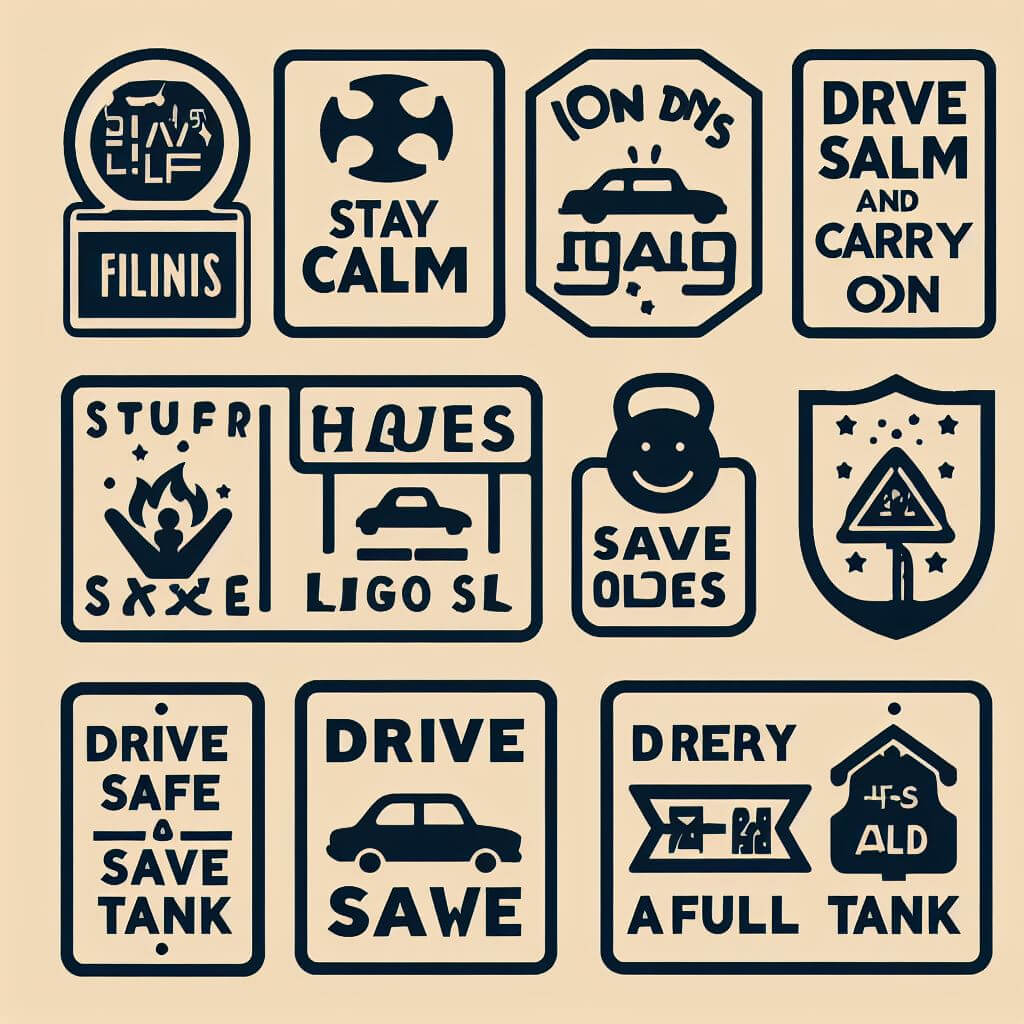Avoiding Road Rage: Tips for Keeping Your Emotions in Check while Driving

Road rage is a common phenomenon that can turn even the calmest individuals into aggressive and volatile beings. It is essential to learn how to avoid road rage as it can lead to dangerous situations on the road for both yourself and others. This article provides valuable tips and strategies to help you keep your emotions in check while driving, ensuring a safer and more pleasant driving experience for everyone.
Contents
1. Prepare Yourself Mentally
One of the most effective ways to avoid road rage is to prepare yourself mentally before getting behind the wheel. Take a few moments to relax and clear your mind of any stress or frustrations. If you enter the vehicle with a calm mindset, you are more likely to handle unexpected situations on the road with composure.
2. Plan Your Route
Planning your route in advance can help minimize stress and frustration while driving. Use a GPS or mapping app to determine the best and least congested route to your destination. By avoiding heavy traffic areas or road construction zones, you can reduce the likelihood of encountering potential triggers for road rage.
3. Practice Defensive Driving
Defensive driving is a crucial skill that can significantly reduce your chances of getting involved in an aggressive situation on the road. Stay focused and alert, anticipate potential hazards, and always leave enough distance between your vehicle and the one in front of you. By maintaining a safe following distance, you can avoid sudden braking or other maneuvers that may lead to anger and frustration.
4. Avoid Engaging with Aggressive Drivers
Encountering aggressive drivers can be inevitable, but it is essential to resist the urge to engage with them. If someone tailgates you, honks incessantly, or displays aggressive behavior, simply ignore them and focus on your own driving. Reacting to their provocations will only escalate the situation, increasing the risk of an accident or confrontation.
5. Do Not Take Things Personally
Remember that when you are driving, everybody is on their own respective journeys. It is crucial not to take the actions or behaviors of other drivers personally. Develop the mindset that other drivers’ actions are not aimed specifically at you, but rather a reflection of their own frustrations or distractions.
6. Use Calming Techniques
If you find yourself becoming frustrated or agitated behind the wheel, it is crucial to employ calming techniques to regain your composure. Practice deep breathing exercises, listen to soothing music, or use relaxation techniques such as counting or repeating positive affirmations. These techniques can help redirect your focus and reduce stress levels while driving.
7. Allow Extra Time for Your Journey
One of the most common triggers for road rage is feeling rushed or running late. To avoid this, make sure to allow extra time for your journey. Leaving a few minutes earlier can alleviate the pressure and stress associated with rushing, promoting a more relaxed and composed driving experience.
8. Be Mindful of Your Behavior
Be mindful of your own behavior on the road. Avoid aggressive driving habits, such as tailgating, excessive speeding, or cutting off other drivers. Maintaining a calm and respectful attitude can have a positive impact on your interactions with others on the road, reducing the likelihood of confrontations or road rage incidents.
9. Find Alternative Outlets for Stress
If driving itself causes you significant stress or frustration, consider finding alternative outlets to release these emotions. Engaging in regular physical exercise, practicing meditation, or seeking professional help, if needed, can all be effective ways to manage stress levels and maintain emotional well-being.
10. Lead by Example
Finally, lead by example and be a courteous and considerate driver. Treat others on the road with respect and kindness, even in stressful situations. By setting a positive example, you contribute to a safer driving environment and create a ripple effect that may influence others to do the same.
Road rage is a dangerous and all-too-common problem on our roads. By following these tips and strategies for keeping your emotions in check while driving, you can significantly reduce the likelihood of road rage incidents. Remember to stay calm, practice defensive driving, avoid engaging with aggressive drivers, and be mindful of your own behavior. By adopting these measures, you contribute to a safer and more pleasant driving experience for yourself and others on the road.


